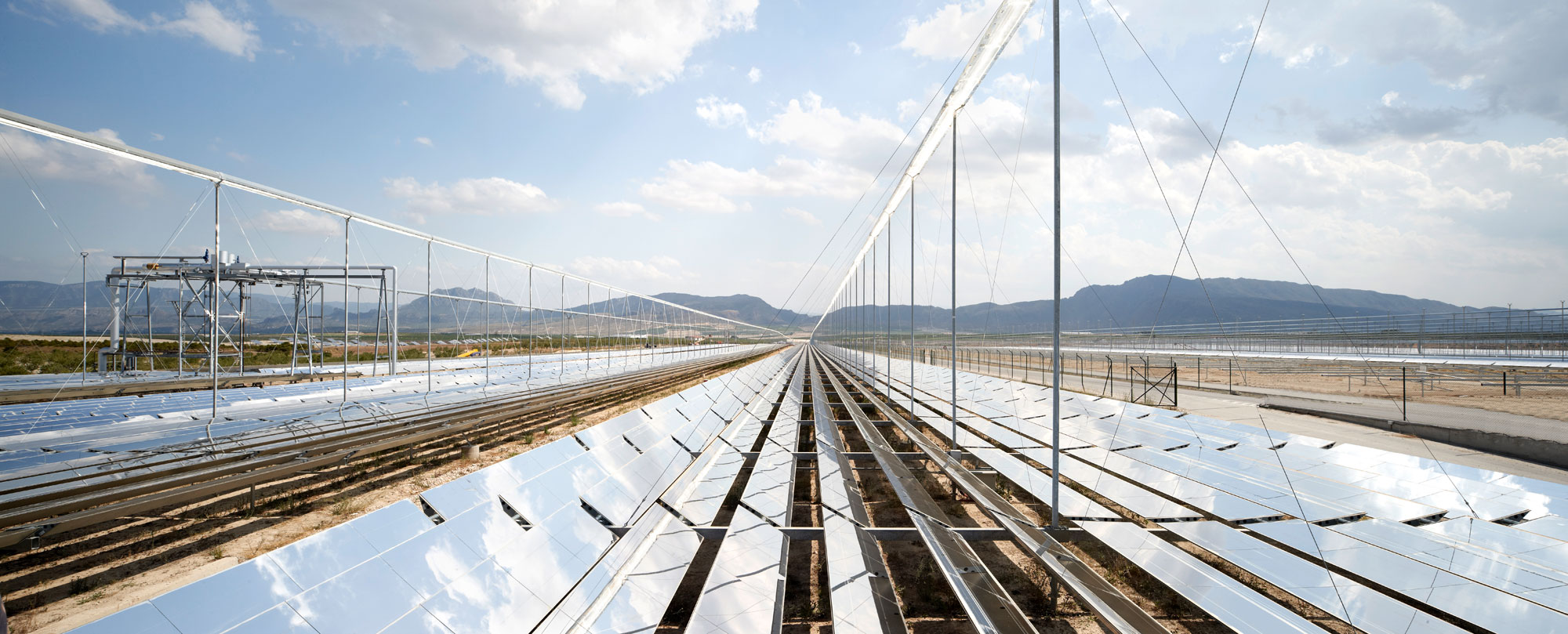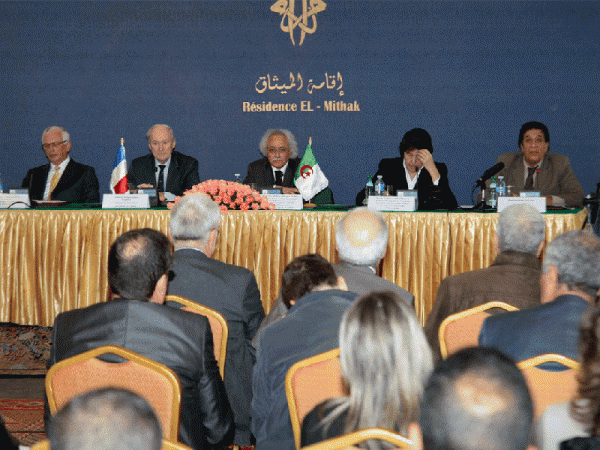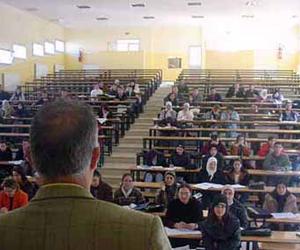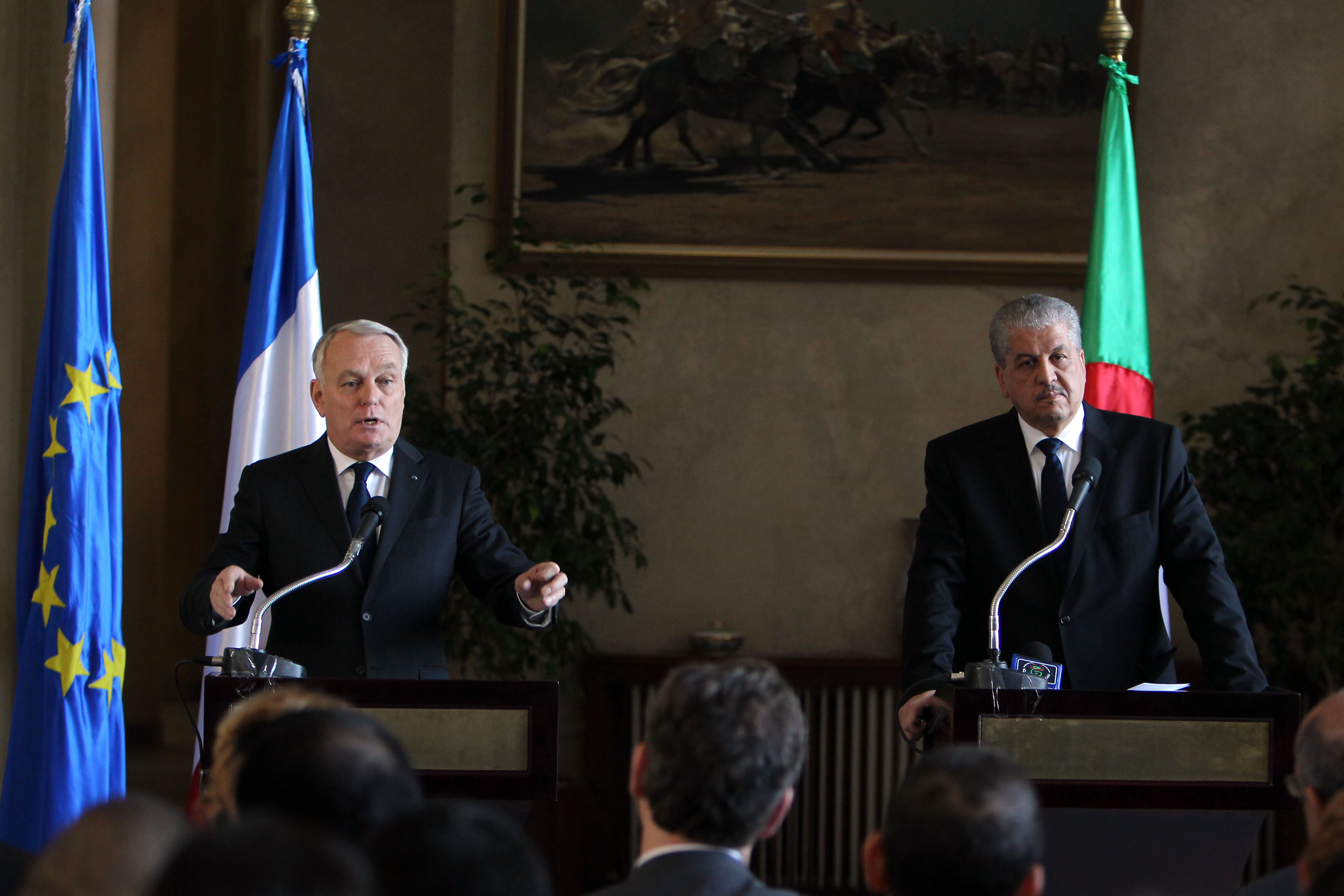Opinion | Desertec: the renewable energy grab?
If you use social media, you may well have seen a graphic going around, showing a tiny square in the Sahara desert with the caption: ‘This much solar power in the Sahara would provide enough energy for the whole world!’ Can this really be true? It’s based on data from a research thesis written by Nadine May in 2005 for the Technical University of Braunschweig in Germany. Read More
آراء| آفاق أكاديمية جزائرية للعلوم والتكنولوجيا
لا شك أن العلم يعد من أهم محركات التنمية الإقتصادية و الإجتماعية اليوم . لذلك كان من واجب العلماء و الباحثين توعية باقي شرائح المجتمع و اطلاعها عن مدى تأثير النتائج العلمية في نشاطاتهم اليومية و كيفية الإستفادة من هذه النتائج لتنمية و ترقية المجتمع . على العلماء و الباحثين أيضا أن يعملوا على توجيه مجهوداتهم الفكرية و العلمية نحو دراسة و معالجة المشاكل الوطنية و الدولية التي لها صلة بالتحديات الراهنة التي تواجهها مجتمعاتهم . هنا يأتي دور أكاديميات العلوم و الذي يتمثل في تمكين العلماء و الباحثين من تحقيق هذه الواجبات . فأكاديميات العلوم أطر تنظيمية يمكن من خلالها تثبيت و توجيه الجهود العلمية ، كما أنها تلعب دور محاور لاكتشاف و تحفيز و دعم و مكافاءة التميّز في البحث العلمي. Read More
آراء| البحث العلمي في الجزائر: رؤية في رؤيا
ذات يوم كنت جالِساً في مدخل كلية الكيمياء التابعة لجامعة العلوم و التكنولوجيا هواري بومدين (باب الزوار) بالجزائر العاصمة فإذا بأحد زملائي يناديني و يخبرني أن البروفيسور محمد بونجدة سيلقي محاضرة بعد دقائق. البروفيسور محمد بونجدة هو المسؤول عن برنامج تطوير البحث العلمي المسطر من طرف وزارة التعليم العالي و البحث العلمي. فكرت قليلا ثم قلت ‘أنا ما عندي ما راح اندير خلي انروح و نشوف سي بونجدة هذا’. بدأ بروفيسور بونجدة كلامه بشكر الجامعة على استضافته ثم أردف قائلا:”أنا سعيد بوجودي اليوم في أحسن كلية كيمياء في أفريقيا حسب تصنيف الإختصاصات العلمية الأخير لجريدة التايمس!” ورغم أن بروفيسور بونجدة انتقل في كلامه إلى أبحاثه العلمية في مجال البتروكيمياء إلا أن تفكيري بقي يدور حول قوله ‘أحسن كلية كيمياء في أفريقيا’ Read More
Opinion | Pfizer’s pursuit of AstraZeneca: the Algerian scientific community should take note
Over the last few weeks, the biggest story in the pharmaceutical and biotechnology sectors has largely been that of Pfizer’s chase of AstraZeneca. In fact, Pfizer, one of the largest American pharmaceutical companies, continuous attempts to buy AstraZeneca, one of the largest UK pharmaceutical companies, has attracted a lot of interests from politicians in both sides of the Atlantic. Leaving the politics of this story aside, the scientific community in UK has been rattled by this story and this is what the Algerian scientific community should learn from. Read More
Opinion | Day of Knowledge Event at the Margin of Elections
Around this time last year, I wrote a short commentary on a London-based event that aims to commemorate the Day of Knowledge (يوم العلم). The 16th of April is Algeria’s official day for celebrating science and knowledge in memory of Sheikh Abdelhamid Ibn Badis, the leader of the reformist movement that led a relentless struggle against the french colonial assault on Algerian identity and heritage. The day of knowledge event in London aimed to bring together Algerian academics, scientists and researchers for a day to share knowledge and debate Algerian affairs. Read More
Opinion | The English language is key for the progress of Algerian students and researchers
Back in 2006 while attending a conference held in Bern in Switzerland, I met an Algerian researcher from the University of Annaba, and what I liked about him was how he communicated with the conference attendees in English. His proficiency in the English language allowed him to share his research results with scientists from all around the world, from China and Britain, to the US, Russia, France, Germany, Jordan, Mexico, Canada, Italy, and beyond. This encounter was a good example of why Algerian researchers should master the English language. Read More
Opinion | Scientism in political discourse about Algerian space science
The Algerian Prime Minister recently boasted about how the Algerian flag now flies high along side 14 of the biggest nations in the world. His declaration was almost ceremonial, Algerian experts, he asserts, are now amongst the top experts in space science, and this achievement, he continues, is “no coincidence but rather the result of the state’s strategic policy that prioritises investment in the Algerian youth”. Mr. Mebarki, the minister of higher education and scientific research, has also made similar declarations. Read More
Opinion | Prospects for an Algerian academy of science and technology by 2014
There is no doubt that science is a crucial driver of social and economic development. Scientists therefore have a duty to both inform the general public about how findings from science can benefit day to day activities, and to direct the best of their efforts towards addressing national and international problems. Science academies can play an important role in empowering scientists to help them realise this duty because they provide a framework through which scientists can corroborate and channel their efforts. They act as collective hubs to organise scientific endeavour as well as motivate, support and reward excellence in scientific research. Read More
Opinion | Using ICT technology when teaching a foreign language in an Algerian university
From the chalkboard to the abacus and beyond, technology has always played an important role in education. Educational technology refers to any teaching tool that helps supports learning (1), and given the rapid advancements in Information Technology and multimedia applications, the potential to support the teaching of foreign languages in Algerian universities is ever more great. Read More
Opinion | Algeria a Biotech Hub by 2020? Beyond Student Exchange Programs
The Algerian Minister of Health recently revealed that an agreement has been reached between his ministry and two world-class American universities, Harvard and Northwestern, to train Algerian students as part of the government’s plans to establish Algeria as a biotechnology hub by 2020. Read More




